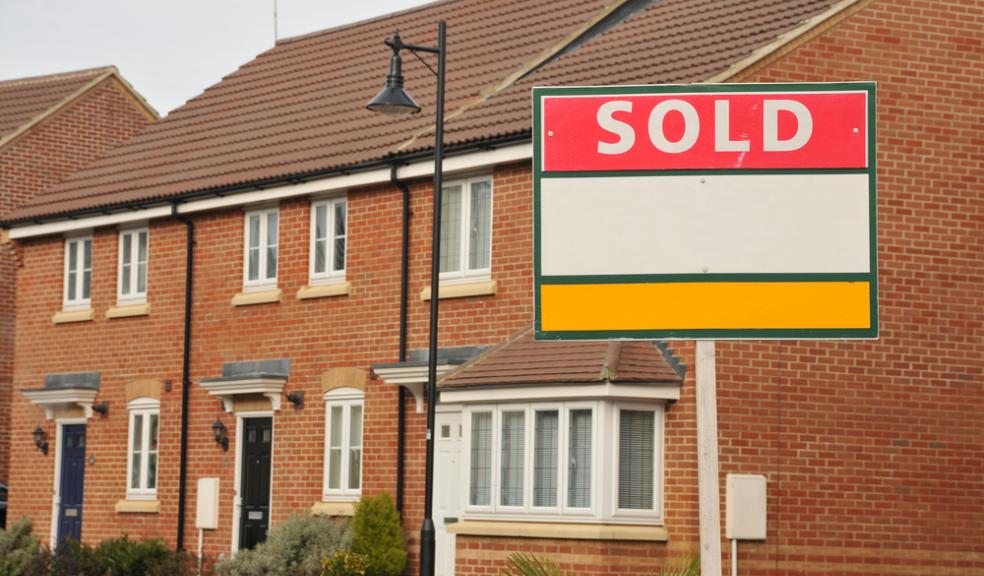
South West sees fall in house prices
House prices in the South West fell slightly in the month to September 2013; a surprise drop that mirrors the UK trend.
The house price index level dropped very slightly from 171.7 in August to 171.3 last month, according to figures released by the Office for National Statistics (ONS) which also show a slower rate of price increase for the South West in the 12 months to September 2013 compared to the same period to August.
Prices rose by 1.3% in the year to September compared to 2.5% for the previous month, suggesting a slight - perhaps temporary - cooling off in house price inflation in the region which bucks the overall national trend driven in the main by fast rising London prices.
Average property prices in the region remain steady at £235,000, compared to an average of £245,000 across the UK.
UK-wide figures
The UK house price index level (184.9) has dropped back slightly from its peak in August (186.0). However, annual UK price growth has continued to increase due to larger falls in property prices twelve months previously (September 2012). In the 12 months to September 2013 UK house prices increased by 3.8%, up from a 3.7% increase in the 12 months to August 2013.
House price growth remains stable across most of the UK, although prices in London are increasing faster than the UK average.
- The year-on-year increase reflected growth of 4.2% in England and 1.4% in Wales, offset by falls of 1.1% in Scotland and 1.5% in Northern Ireland.
- Annual house price increases in England were driven by rises in London (9.4%), the South East (4.0%) and Yorkshire and The Humber (3.0%).
- Excluding London and the South East, UK house prices increased by 1.4% in the 12 months to September 2013.
- On a seasonally adjusted basis, UK house prices were unchanged between August and September 2013.
- In September 2013, prices paid by first-time buyers were 5.3% higher on average than in September 2012. For owner-occupiers (existing owners), prices increased by 3.2% for the same period.
Supply out-stripped by demand
The Royal Institution of Chartered Surveyors (RICS) had earlier called for urgent action to deal with a soaring demand for properties. It claimed that there was a serious shortage of properties to meet rising demand from potential buyers; a situation that was likely to result in increasing house prices
"The amount of homes currently up for sale is still nowhere near enough to keep up with demand," said Simon Rubinsohn, RICS' chief economist.
"In order for the market to function correctly, this imbalance urgently needs to be addressed." he said.
A RICS report also revealed that in contrast, demand for rented accommodation had fallen to its lowest for a decade.











